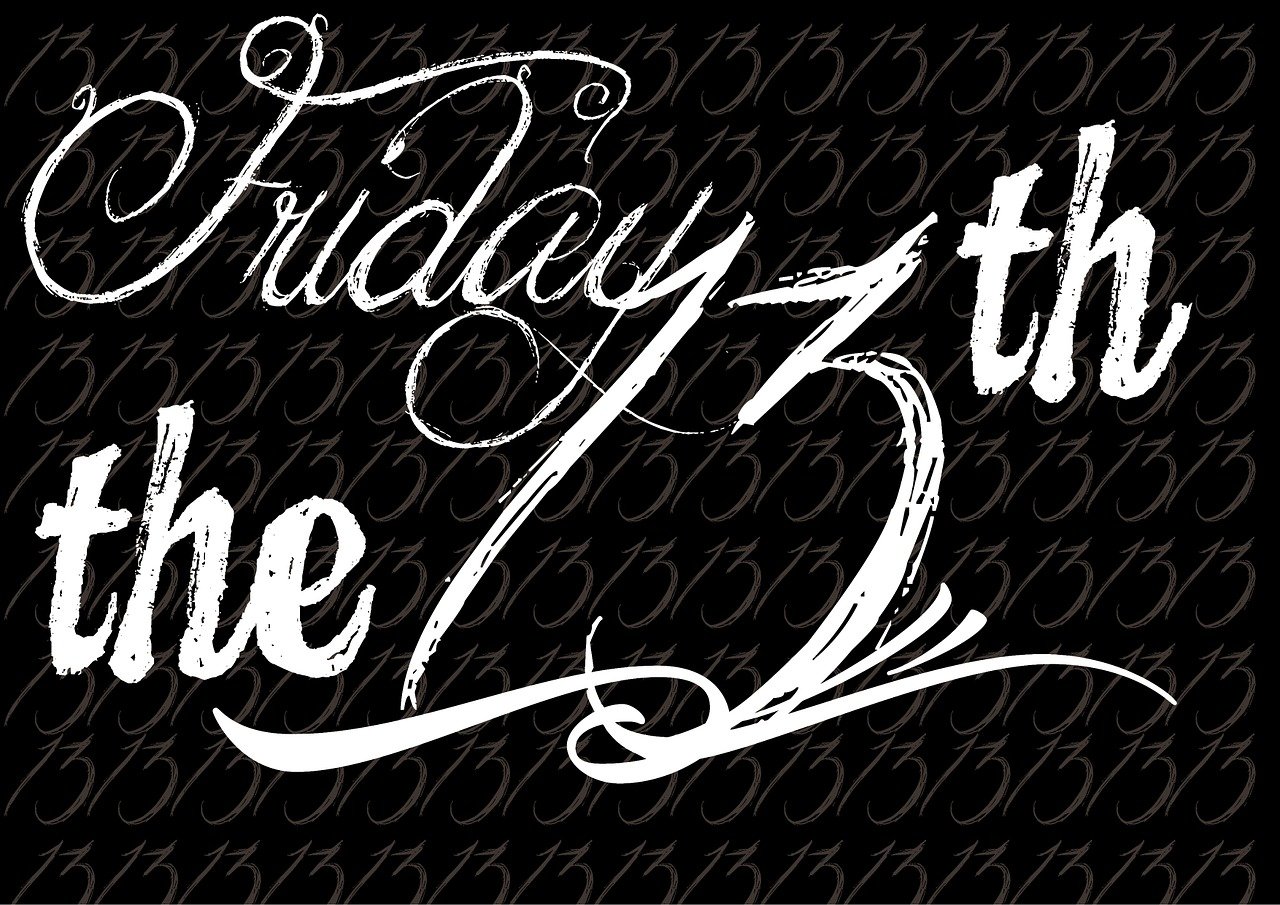Friday the 13th

Friday the 13th is considered by many to be a day of bad luck.. But where did this belief originate? As it so happens, it’s a mix of religious, cultural, and historical events.
The number 13 has long been regarded as unlucky in many cultures. This belief, known as “triskaidekaphobia,” is rooted in several ancient stories and superstitions.. In Christianity, 13 is seen as an ill omen because of the Last Supper, where Judas Iscariot, the disciple who betrayed Jesus, was the 13th guest. The number also stands out as unlucky in Norse mythology, where the god Loki was the 13th guest at a banquet that resulted in the death of the god Balder.
Friday itself also gained a bad reputation. In Christianity, it is traditionally considered the day Jesus was crucified, a day of mourning. In medieval times, Fridays were often associated with executions, and sailors were said to avoid setting sail on this day due to its ill-fated history.
The combination of Friday and the number 13 as an unlucky day is a relatively modern concept. The popularization of Friday the 13th as a day of misfortune is often linked to events like the mass arrest of the Knights Templar on Friday, October 13, 1307, under the orders of King Philip IV of France. This led to widespread fear and legends around that particular date.
Additionally, popular culture has helped cement this superstition. The release of the 1980 horror movie Friday the 13th turned the day into an iconic symbol of terror, solidifying its association with bad luck and fear.
Friday the 13th happens to be one of our favorite days of the year. Why don’t you celebrate with us by joining us on a ghost tour? Or how about exploring a haunted house? We promise your luck won’t run out! Happy hunting!
